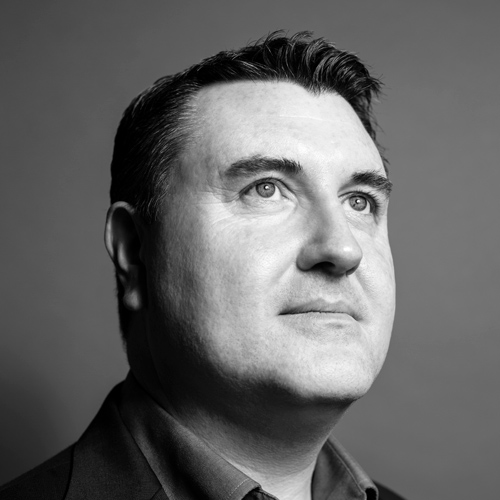
Few realize there’s a difference between Purpose and purpose, but understanding the two is essential for any leader. Purpose with a capital “P” is inspirational, often seen in company mission statements that aim to create a difference in the world. But lowercase “p” purpose is equally important, according to acclaimed author Daniel Pink. This refers to one’s feeling that their contribution is valued by their team and organization. In short, it means that the work we do every day matters.
Dorri McWhorter learned the importance of distinguishing between these types of purpose when she joined the YWCA Metropolitan Chicago as its CEO. “When I was driving enterprise change and asking people to understand possibilities of their work, I had a revelation that everyone isn’t looking at the work in the same way,” she says. “There are people that approach their work from a societal perspective and others from an individualistic perspective. I’m doing this work because we can have an impact on the greater society. But often our counselors want to impact the individuals that do the work in front of them.”
McWhorter implemented Imperative’s purpose profiles at the YWCA, as outlined in Aaron Hurst’s book The Purpose Economy. These have helped managers tailor their efforts to individual employees, framing their work in terms of how it fulfills their purpose, whether they thrive on making YWCA’s mission come to life on a grand scale, or relish how their work impacts their peers. While this initiative has created organization-wide clarity around purpose, McWhorter recommends leaders start by simply getting to know people. “If you talk to people about their life—inside and outside the office—you can learn what people love to do,” she says. “Then you can take those skills and engage them with what you know you need to have happen at work.”
“If you talk to people about their life—inside and outside the office—you can learn what people love to do. Then you can take Those skills and engage Them with what you know you need to have happen at work.”
—Dorri mcwhorter
It’s a notion that has paid off tremendously in Deborah Herrera’s extensive career as a senior financial expert for a number of companies. She shares that her leadership style comes from years of working cross-functionally and rallying behind a common purpose. “You have to be open and generous so people can walk into that space and know they’re going to be taken care of,” Herrera says. “That’s what leadership looks like to me. It’s creating a safe space where people can come alive in ways they’ve forgotten how to or have never done before. When you do that, you unlock a potential in them that’s magical.”
Rallying around a purpose builds trust, collaboration, and the ability to improve decision-making. Herrera shares that one of her purposes in the world is to help people realize their full potential, as she believes people are the key to sustainable change. “My goal is to unlock the potential within people at the organizational, team, and individual level in support of their desired future state. For me, what you see is what you get,” she says.
As Pink describes, purpose is often a notion associated with mission-driven companies, such as Bayer and its influence in the healthcare industry. For Dick Caldera, senior vice president of human resources for Bayer US, helping to achieve that mission starts with developing great talent.
“People here expend a lot more discretionary energy because they really believe that what they do in their jobs potentially could make someone’s life better, or even improve the experience for someone who’s sick and for their family,” Caldera says.
This advice brought back some points Pink made in his book that have truly resonated. There’s a science to humans. As Pink says, we have an innate inner drive to be autonomous, self-determined, and connected to one another. Now when that drive is liberated, people achieve more and live richer lives. “For artists, scientists, inventors, schoolchildren, and the rest of us, intrinsic motivation—the drive do something because it is interesting, challenging, and absorbing—is essential for high levels of creativity,” Pink says.

